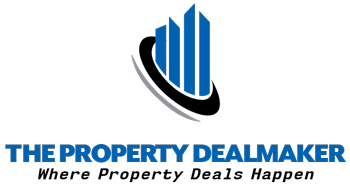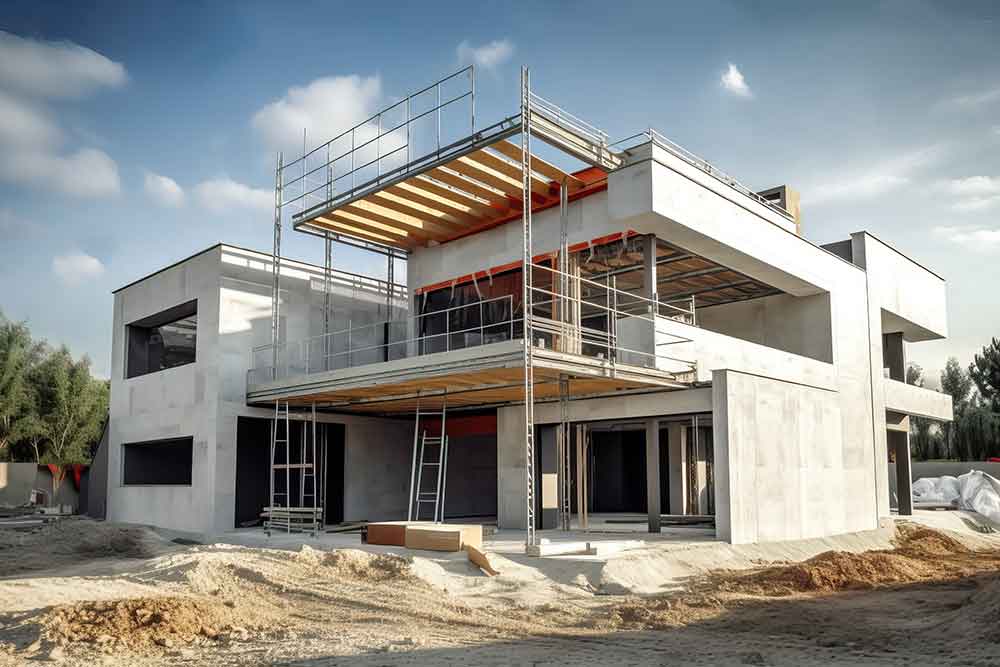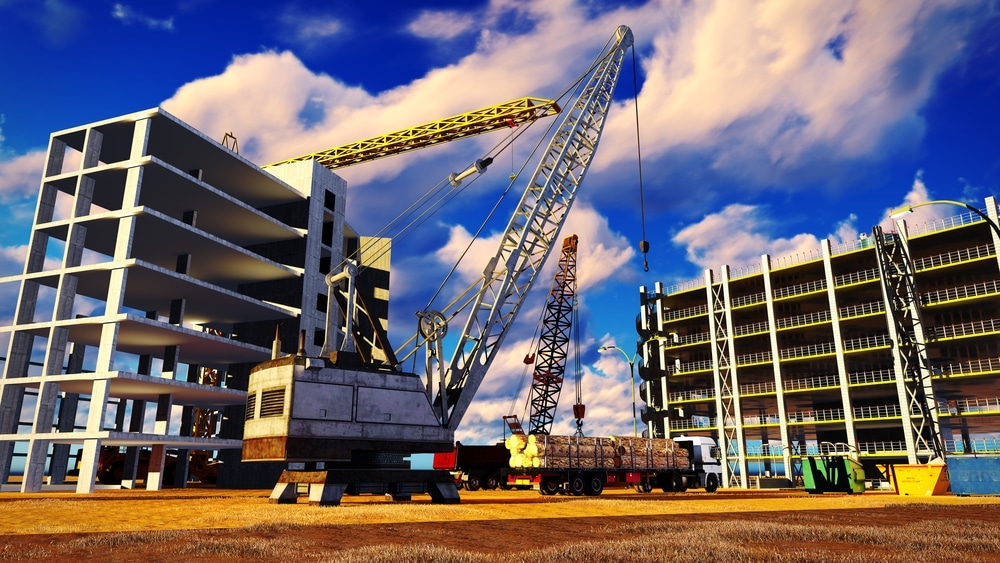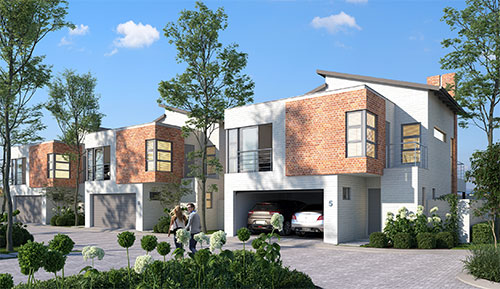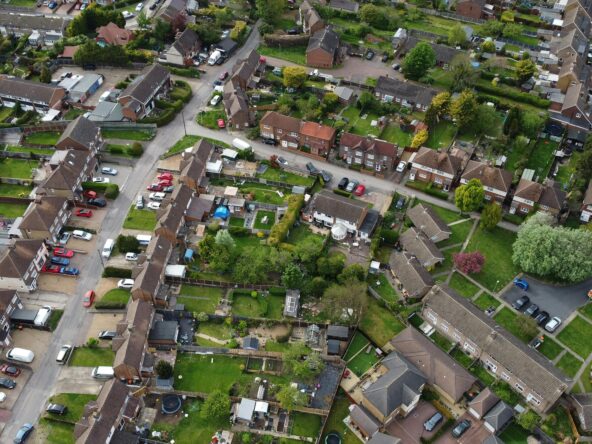Important Considerations and Risks: Rezoning and Section 7/6 Together
The prospect of expediting construction with Section 7/6 while navigating rezoning might seem attractive.
However, venturing down this path necessitates a clear understanding of the complexities and potential pitfalls involved.
Here’s a breakdown of the crucial considerations and inherent risks that demand your attention:
A. The Need for Expert Guidance
Successfully utilizing Section 7/6 alongside rezoning requires the expertise of a qualified team.
This includes:
- Town Planner: A town planner will be instrumental in navigating the rezoning process, ensuring your application aligns with municipal regulations and addressing any potential objections.
- Architect: An architect will translate your vision into well-defined preliminary building plans that demonstrate a high degree of certainty regarding the final design. This is crucial for securing Section 7/6 approval.
- Engineer: An engineer will ensure the structural integrity of the planned foundation work permitted under Section 7/6, minimizing the risk of rework or redesign later.
B. Amplified Complexity: A Delicate Balancing Act
Marrying rezoning with Section 7/6 significantly increases the complexity of your project. Here’s why:
- Conditional Approvals: Section 7/6 approval for construction activities typically hinges on successful rezoning. This means any delays or setbacks in the rezoning process can stall your construction progress.
- Heightened Risk of Non-Compliance: With preliminary plans and zoning approval still pending, there’s a greater risk of unknowingly deviating from regulations during the limited construction allowed under Section 7/6. This could lead to stop-work orders and costly rework.
C. The Looming Threat of Delays and Cost Overruns
While Section 7/6 offers the potential to save time, the rezoning process itself can be lengthy and unpredictable. This can lead to:
- Construction Delays: Even with groundwork underway, the overall construction timeline can be significantly extended if rezoning approval takes longer than anticipated.
- Cost Overruns: Extended delays due to rezoning can lead to cost overruns associated with factors like labor costs, material price fluctuations, and potential storage fees for unused materials.
D. The Domino Effect of Revisions
The back-and-forth nature of the rezoning process can sometimes necessitate revisions to the preliminary building plans.
If these revisions significantly alter the foundation work already completed under Section 7/6, it could trigger costly rework and further delays.
Remember: Utilizing Section 7/6 alongside rezoning requires a thorough risk assessment and a high tolerance for uncertainty.
While the potential benefits are enticing, the potential consequences can be severe.
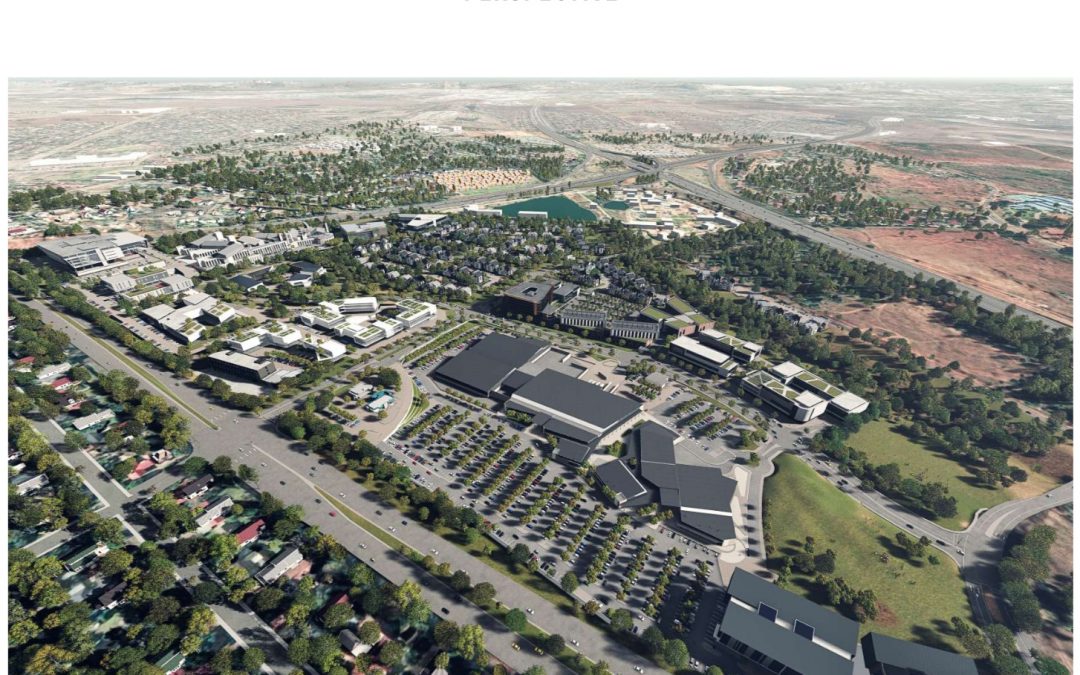
Alternative Strategies for Expediting Development alongside Rezoning
The complexities involved in marrying Section 7/6 with rezoning highlight the importance of exploring alternative strategies that might expedite your development project while going through the rezoning process.
Here are a few options to consider:
A. Pre-Zoning Application Consultations
While you can’t bypass the formal rezoning process, engaging in pre-application consultations with the municipality can be highly beneficial.
These consultations allow you to:
- Gauge potential challenges: Discuss your desired rezoning with municipal planners to identify any potential hurdles or areas requiring additional attention in your application.
- Refine your proposal: Based on the feedback received, you can refine your rezoning proposal to better align with municipal development goals and potentially streamline the approval process.
- Prepare for public participation: Pre-application consultations can help you anticipate and address potential concerns from neighboring property owners or residents who might be impacted by the rezoning.
B. Exploring Modular or Prefabricated Construction (if applicable)
If the desired rezoned use aligns with modular or prefabricated construction methods, exploring these options can offer significant time-saving benefits.
Here’s why:
- Faster on-site construction: Modular or prefabricated units are typically constructed off-site in controlled environments, leading to faster on-site assembly once the rezoning is approved.
- Reduced weather delays: The faster on-site construction offered by these methods minimizes the project’s vulnerability to weather delays, potentially leading to a quicker completion timeline.
C. Streamlining the Building Plan Approval Process
While not directly related to rezoning, focusing on streamlining the building plan approval process can also contribute to an overall faster development timeframe.
This could involve:
- Early engagement with the local building authority: Discuss your project with the building authority early on to ensure your plans meet all the necessary regulations, potentially avoiding delays during the final approval stages.
- Complete and well-drafted plans: Investing in high-quality, well-detailed building plans from the outset minimizes the risk of revisions or requests for additional information, which can slow down the approval process.
Remember: While these alternative strategies won’t eliminate the wait associated with rezoning, they can help you optimize your project timeline and potentially shave off valuable time during different stages of the development process.
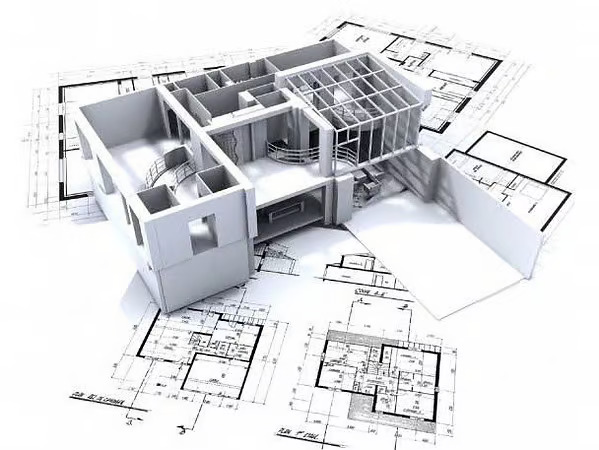
In Closing: Building Legally Without Approved Plans
The allure of a faster start on your development project is undeniable. However, as we’ve explored, utilizing Section 7/6 alongside the rezoning process presents a complex maze of considerations and potential risks. Here’s a final breakdown to guide your decision-making:
The Potential Benefits (Remember the Need for Caution):
- Reduced Overall Timeline: Section 7/6 offers the possibility of a head start on construction, potentially shaving valuable weeks or even months off the development timeframe, especially when rezoning takes a long time.
- Minimized Delays and Cost Savings: Early site preparation under Section 7/6 can lead to a smoother construction flow once final plans are approved, potentially reducing overall project costs.
The Crucial Considerations and Risks:
- The Need for Expert Guidance: Successfully navigating this strategy necessitates a qualified team of professionals, including a town planner, architect, and engineer.
- Amplified Complexity and Increased Risk: Marrying rezoning with Section 7/6 significantly increases the project’s complexity, raising the risk of non-compliance, delays, and cost overruns.
- The Looming Threat of Revisions and Delays: Rezoning processes can be unpredictable, leading to delays and potentially necessitating revisions to preliminary plans, which can trigger rework and further slow down construction.
The Path Forward: Weighing the Options Carefully
The decision to utilize Section 7/6 alongside rezoning requires careful consideration of your risk tolerance and project priorities.
- For the Risk-Averse: If minimizing risk is paramount, exploring alternative strategies like pre-zoning consultations, modular construction (if applicable), and streamlining building plan approvals might be a more prudent approach.
- For the Time-Constrained (with Caution): If expediting the construction timeline is a top priority and you have a high tolerance for risk, then Section 7/6 might be a viable option. However, proceed with extreme caution, ensure you have a qualified team on board, and be prepared for potential delays and unforeseen complications.
Remember: Consulting with experienced property developers, town planners, and legal professionals specializing in rezoning is crucial before embarking on this path.
Their insights can help you make an informed decision that aligns with your specific project goals and risk tolerance.

Aslam is from Johannesburg, South Africa and graduated with a BComm degree from the University of South Africa and followed that up with a BComm Hons degree in Finance and Investments.
He has spent over 18 years in the financial services sector, with 12.5 years in the commercial property finance arena with 3 of the major banks in the country.
His specialty being deal structuring and finance solutions for commercial property investors and developers across the commercial property sector, including large scale retail developments, high density residential investments , industrial and office property.
Aslam was also a fast food franchise investor for 7 years, is experienced in digital marketing and online lead generation and has owned and managed multiple residential properties.
